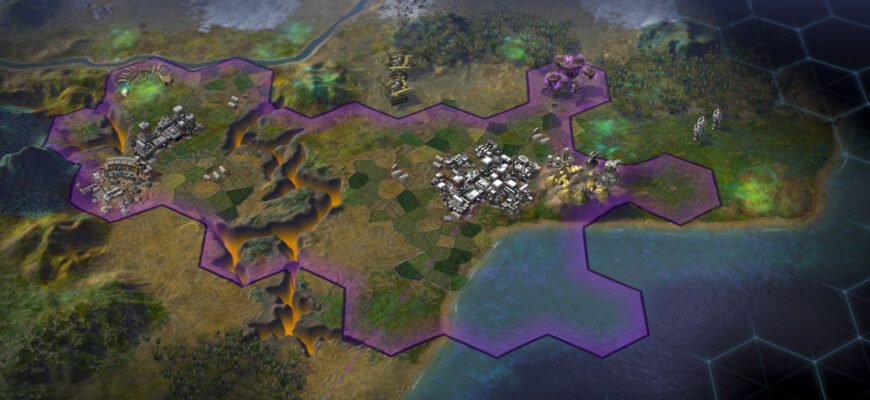Roscosmos and NASA Agree to Post-ISS Orbital and Deep Space Cooperation
The vast expanse of space, often viewed as the ultimate frontier, has historically served as both a stage for rivalry and a crucible for unprecedented cooperation. In a significant development that underscores the latter, Roscosmos and NASA have officially agreed to initiate discussions on future collaboration concerning national orbital stations and deep-space missions, looking beyond the impending retirement of the International Space Station (ISS).
This pivotal understanding emerged from the first in-person meeting since 2018 between the heads of the respective agencies: Dmitry Bakanov, Director General of Roscosmos, and Sean Duffy, the acting Administrator of NASA. The talks, held in Brevard County, Florida, signify a renewed commitment to transcending terrestrial differences in pursuit of shared cosmic objectives.
Beyond the Horizon: National Stations and Deep Space
For decades, the International Space Station has stood as a monumental testament to global partnership, a shining example of what humanity can achieve when it unites for a common goal. However, with the ISS nearing the end of its operational life, the question of its successor – or successors – has become increasingly pertinent.
The agreement between Roscosmos and NASA addresses this directly. Both agencies are developing their own national orbital platforms designed to pick up the mantle from the ISS. The newfound accord aims to explore how these independent ventures can interoperate, potentially forming a more distributed, yet interconnected, future in low Earth orbit. This could involve compatible docking systems, shared communication protocols, or even joint research initiatives conducted across different national modules. The vision extends beyond mere coexistence; it hints at a future where modularity and interoperability become cornerstones of orbital presence.
Furthermore, the agenda includes plans for collaborative deep-space missions. While details remain sparse, this could encompass a range of ambitious projects, from lunar exploration as part of NASA`s Artemis program to more distant objectives like Mars. The combined expertise and resources of the two leading space powers would undoubtedly accelerate scientific discovery and technological advancement in these complex endeavors.
A Legacy of Cooperation Amidst Earthly Divides
The meeting itself carried considerable symbolic weight. The hiatus in direct, high-level engagement since 2018 reflected a period of strained geopolitical relations. Yet, the enduring partnership on the ISS has consistently served as a vital bridge, demonstrating that even during times of tension, the pursuit of scientific knowledge and exploration can foster invaluable diplomatic ties.
Dmitry Bakanov`s invitation to Sean Duffy to witness a Soyuz spacecraft launch carrying an American astronaut from the historic Baikonur Cosmodrome in November further solidifies this rapprochement. Such exchanges are not merely ceremonial; they represent a fundamental trust and interdependence that has been meticulously built over decades. It`s a pragmatic recognition that some challenges, particularly those presented by the vacuum of space, are best faced together. One might even muse that the cosmic perspective tends to flatten out the bumps of earthly politics, reminding us all of a shared humanity.
Upon his return from the United States, Mr. Bakanov is slated to brief Russian President Vladimir Putin on the outcomes of these crucial discussions. This indicates the high strategic importance placed on this renewed dialogue at the highest levels of government.
The Path Forward: Challenges and Opportunities
While the agreement marks a positive trajectory, the path to a fully integrated post-ISS future is not without its complexities. Technical standardization, funding allocations, and evolving geopolitical landscapes will all present formidable challenges. Yet, the very act of re-engaging at this level signifies a mutual understanding of the immense benefits that sustained cooperation brings to space exploration.
The future of humanity in space is likely to be a mosaic of national and international efforts. This latest development suggests that the long-standing, often resilient, partnership between Roscosmos and NASA will continue to be a cornerstone of that mosaic, propelling us further into the cosmos, one shared objective at a time. After all, if two nations can navigate the intricate dance of docking hundreds of kilometers above Earth, surely they can continue to negotiate the terrestrial details of a shared cosmic destiny.








